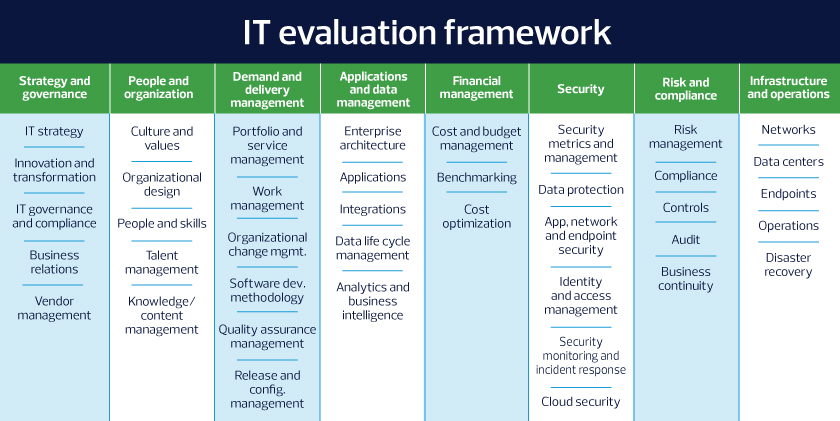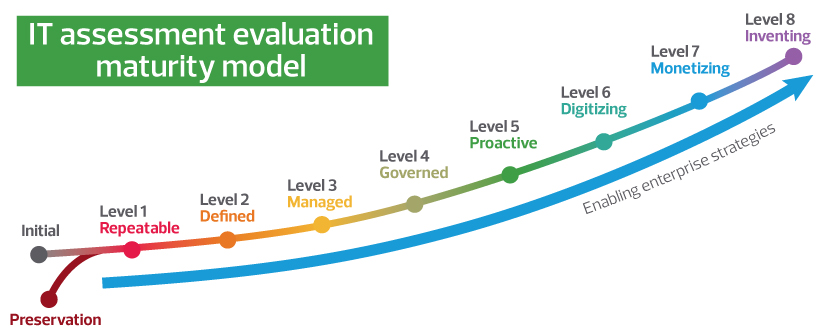In the past, technology strategies and internal personnel were focused on basic maintenance and operations (i.e., keeping the lights on). However, times and technology have changed and effective technology utilization is now one of the cornerstones of successful business operations.
Technology solutions and strategies have immense potential to enable business transformation, directly generating key benefits including deeper business insights, enhanced efficiency, more effective cybersecurity measures, and elevated customer and employee satisfaction. But how do you know that your technology strategy is hitting the mark and effectively evolving to encompass emerging solutions and new business demands?
To understand how to develop an effective technology strategy, you must first define your objectives. Are you trying to enter new markets? Are you considering a merger or acquisition? Have you identified a competitive disadvantage or a potential opportunity you can capitalize on? An effective technology strategy can drive these and many other initiatives and inspire business growth.
Working backward from your end goals can help you identify where technology can make a positive impact and take your business where you want it to go. In this guide, we present several examples of key technology solutions that can strengthen your business processes and build a competitive advantage.



